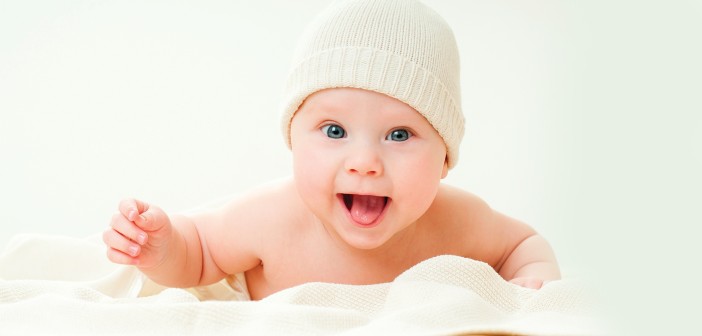Many people think of mental health as something we take note of only when there’s a problem, perhaps in adulthood or maybe even as young as teens. However, many don’t realize that tending to mental health begins in infancy.
How does mental health affect infants? It begins to shape who they are, who they love and trust, and how they develop relationships over their lifetime. As children become adults, the way they developed their attachments in infancy and through the age of three, shapes how they approach teenage and adult relationships. Without a good foundation, problems can continue throughout an individual’s lifespan.
Many times, people note that there’s something about an infant’s behavior that seems unusual. Things such as a child who doesn’t fuss or always fusses, never cries or always cries, has difficulty being consoled, doesn’t interact with adults, doesn’t seem to be growing emotionally, and/or doesn’t gain weight. These are not behaviors that show up just when a child is tired, but are seen much of the time. When a parent sees something that doesn’t seem as it should be in an infant or young child, they should seek an assessment by a professional.
Children with attachment and mental health issues can become suicidal very early and exhibit risky behaviors, such as jumping from high places or doing other things that could seriously hurt them. Children may express that they don’t want to be part of this world anymore. These behaviors are cause for parental concern, and warrant consultation with a professional infant or child mental health specialist.
There are many things that can be done to assist the child and the parent in therapy. The earlier the family seeks treatment, the more positive the outcomes.
Some treatments involve working with skills of both the parent and the child. Therapists help parents to understand their own patterns and how they impact the baby. Sometimes, parents assume that kids have a particular reasoning for their behavior and react in a certain way, when in fact, the child may have other concerns and issues altogether. Working with a therapist, parents can learn new skills, which deepens the parent/child bond.
There are several things parents can do early on to foster a child’s development and emotional health. The most important thing is to develop a relationship with your child. Snuggle with them, play, and read. Don’t let the TV or other electronics be the sole influences on their brain development. Even with the best of electronic teaching mechanisms, if the parent isn’t involved and the electronics are the teacher, the child’s interpersonal relationships and learning suffer. The more electronics involved, the lower the child’s positive attachments.
A child can be super-smart; but without the foundation of good relationships with adults, the smart child will “check out” of the learning process. The American Pediatric Association recommends that kids not sit in front of the TV before age two.
Parental engagement supports learning. Academic success for kids requires emotional and social competency. The best thing a parent can give a child is their time and attention. ◆
Without a good foundation, mental health problems can continue throughout an individual’s lifespan.








